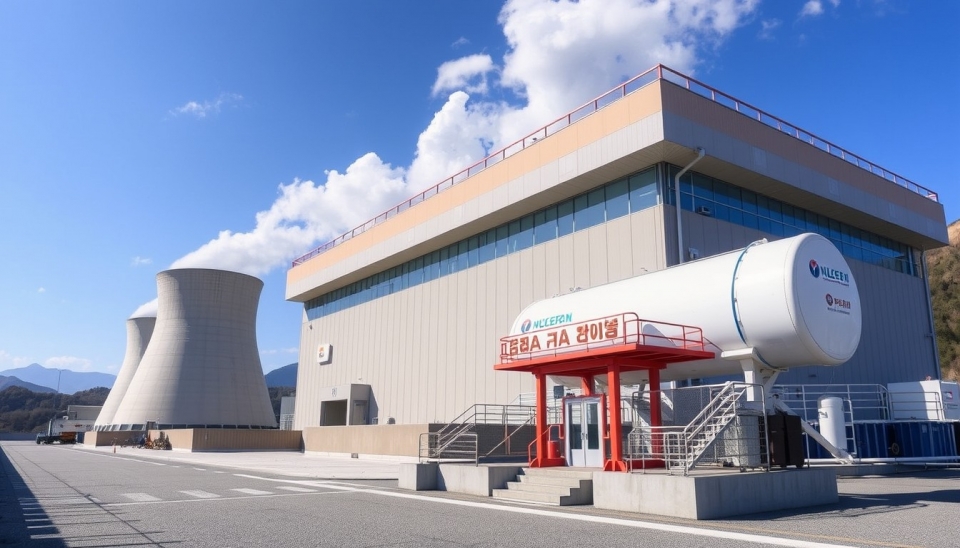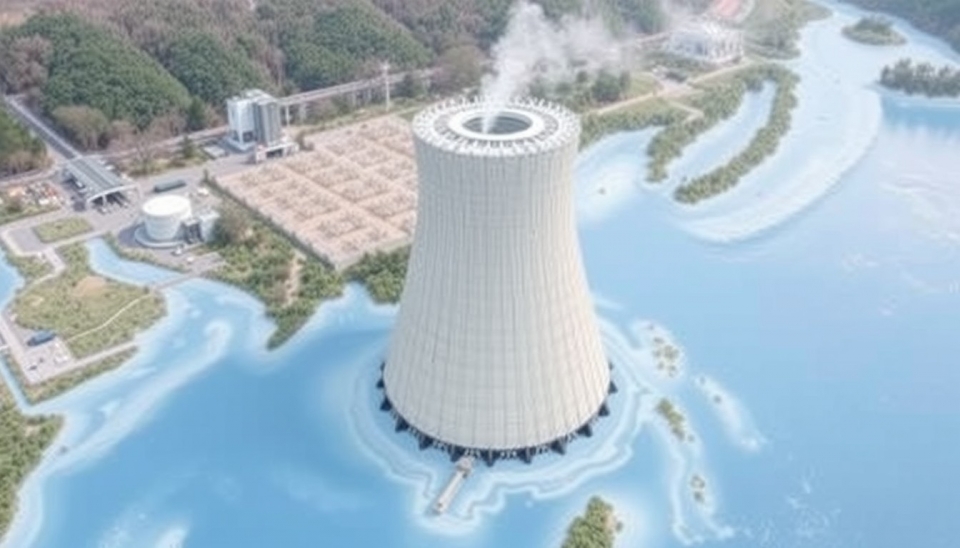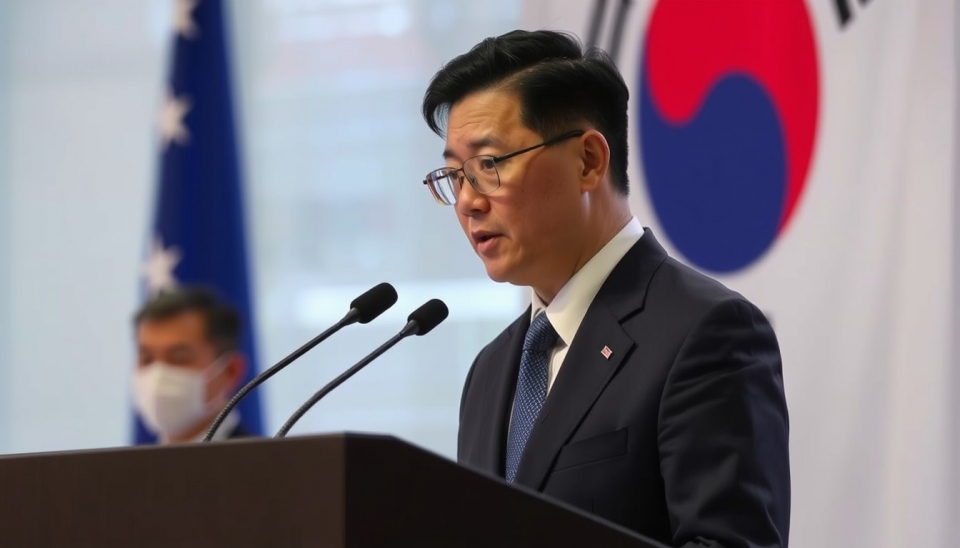South Korea Embraces Nuclear and Hydrogen Energy to Cut Carbon Emissions

South Korea has announced a new strategy aimed at combating climate change by increasing the share of nuclear and hydrogen energy in its energy system. This initiative is designed to significantly reduce carbon emissions and achieve climate goals by 2030. Under this plan, the government of the country intends to actively utilize nuclear reactors and develop hydrogen energy technologies.
The Prime Minister of South Korea emphasized that the transition to cleaner energy sources will be a key step in response to global climate change issues. He stated that the country seeks to reduce dependence on fossil fuels and cut its carbon footprint while ensuring energy security.
A key component of the new policy is the increase of energy generation from nuclear sources. The government plans to launch new reactors and extend the lifespan of existing facilities. Hydrogen energy will also play a central role in this strategy, with a focus on producing "green hydrogen" from renewable energy sources such as solar and wind energy.
These measures are aimed at making South Korea less dependent on coal and gas imports. It is expected that such modernization of the energy system will help the country reduce emissions by 37% by 2030 compared to 2018 levels.
Among the initiatives, measures to increase energy efficiency and implement new technologies for energy storage and transmission are also being considered. The government hopes that these steps will not only help combat climate change but also create new jobs in the clean energy sector.
Despite criticism from environmental groups expressing concerns about the safety of nuclear energy, the government insists that new technologies will provide a high level of safety and minimal impact on the environment.
#SouthKorea #NuclearEnergy #Hydrogen #EmissionReduction #ClimateChange




